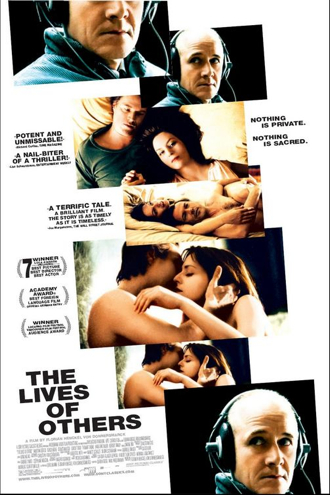The most purely emotional experience I have had in a cinema this year was watching the delightful documentary Young @ Heart during the Film Festival. It’s a life-affirming (and by…
Read More

In the amusingly mis-named German Democratic Republic, during the last years before the Berlin Wall fell and Germany was re-unified, the people were monitored for idealogical and political purity by…
Read More
